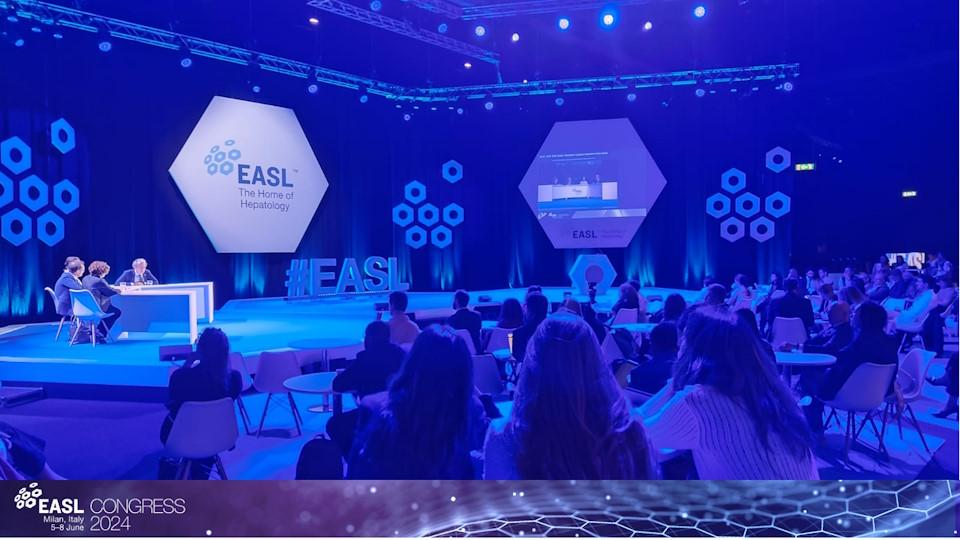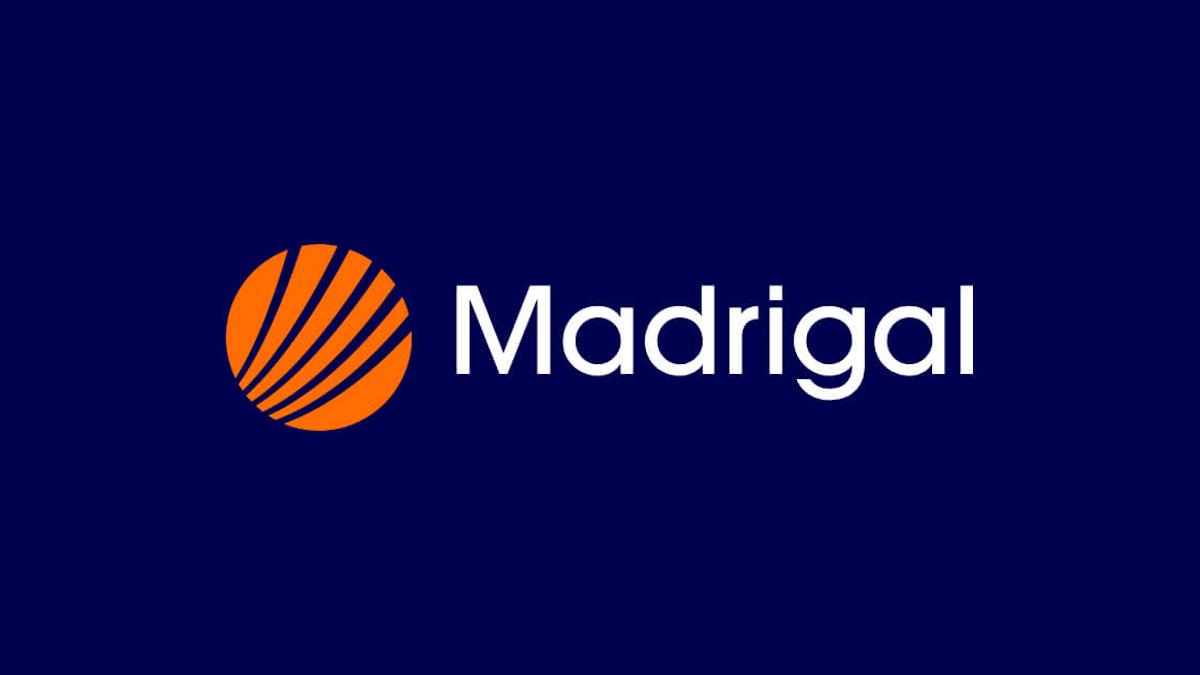Boehringer, Lilly face off in MASH at EASL

Drugs from Eli Lilly and Boehringer Ingelheim grabbed the spotlight at the EASL congress on liver diseases, both showing promising results in metabolic dysfunction-associated steatohepatitis (MASH).
MASH (formerly known as NASH) is a progressive liver disease associated with liver-related complications and death and one of the most febrile areas of pharma R&D as it is widespread – affecting around 115 million people worldwide – but has only one recently approved treatment.
Eli Lilly reported full results from its phase 2 SYNERGY-MASH trial of GLP-1 and GIP agonist tirzepatide – already on the market as Mounjaro for diabetes and Zepbound for obesity – in biopsy-proven MASH patients with and without type 2 diabetes and with stage 2 or 3 fibrosis (scarring).
The company had signalled that the trial was positive earlier this year, but EASL was the first opportunity for clinicians to see the full dataset, which showed that the drug was superior to placebo in resolving MASH.
After 52 weeks, around 52% of patients on a 5 mg dose of tirzepatide had an absence of MASH with no worsening of fibrosis, compared to 13% of the placebo group. The benefit seen with Lilly’s drug also rose in a dose-response manner to 63% of patients taking 10 mg and 73% of those on 15 mg. The data has also been published in the New England Journal of Medicine.
More than 50% of patients in each dose cohort also saw a 1-stage or greater improvement in fibrosis without worsening of MASH, a key secondary endpoint, compared to 33% of the placebo group. Drug treatment was also associated with improvements in body weight, blood markers of liver injury, and biomarkers of liver fat, inflammation and fibrosis.
Boehringer meanwhile reported new phase 2 results with its Zeland Pharma-partnered combined GLP-1 and glucagon agonist survodutide, having revealed top-line results earlier this year. The full 48-week dataset, which also appeared in NEJM, also showed a significant improvement over placebo.
Improvement in MASH with no worsening of fibrosis occurred in 47% of the participants in the survodutide 2.4 mg group, 62% of those in the 4.8 mg group, and 43% of those in the 6.0 mg group, as compared with 14% of those in the placebo group, according to Boehringer.
The company highlighted that up to 52% of adults treated with survodutide achieved a significant improvement in fibrosis stages F1, F2, and F3 – mild to moderate or advanced scarring – compared to around 26% of the placebo group.
Earlier, it revealed that 83% of adults achieved a statistically significant improvement of MASH versus 18% with placebo, the study’s primary endpoint.
For now, it is hard to gauge the relative merits of the two injectable therapies, both given once a week, but the results raise expectations of new treatment approaches that could complement Madrigal Pharma’s orally-active THR β-selective agonist Rezdiffra (resmetirom), which became the first drug to be cleared by the FDA for MASH in March.
Boehringer has said it will move quickly ahead with a phase 3 programme for survodutide in MASH, adding to late-stage already underway in obesity, while Lilly is also reported to be preparing for phase 3 in MASH to complement its existing trials in obesity, chronic heart failure, sleep apnoea and type 2 diabetes at risk of cardiovascular outcomes.













